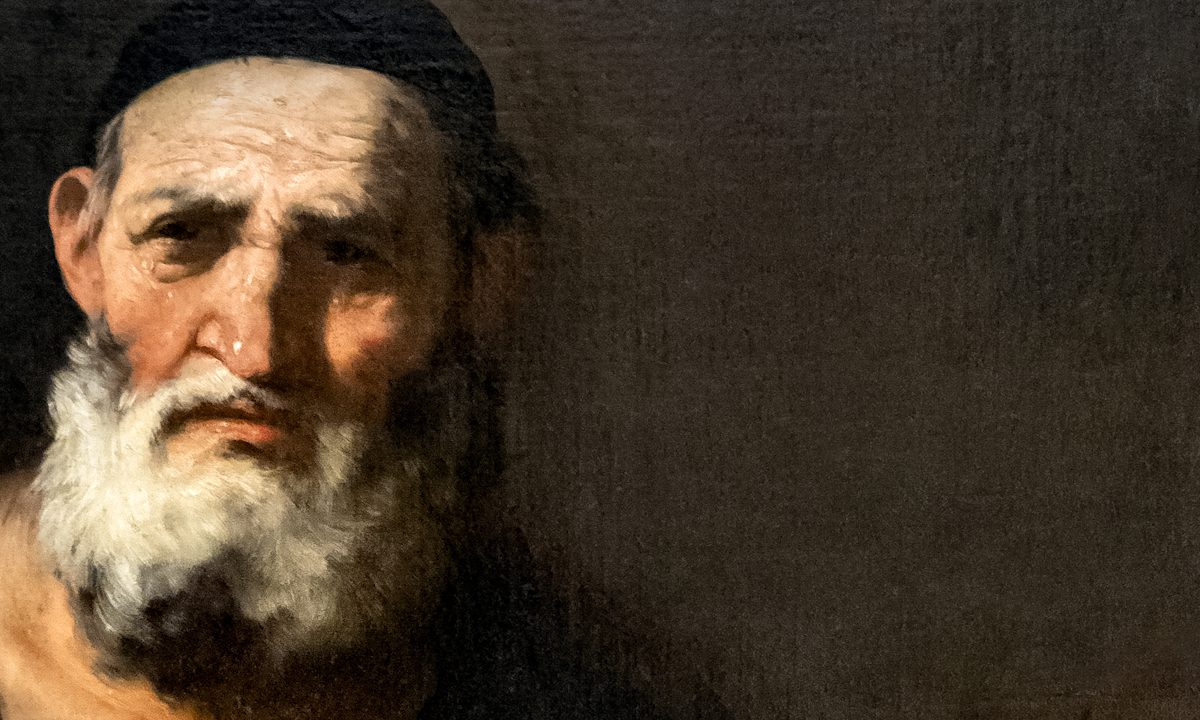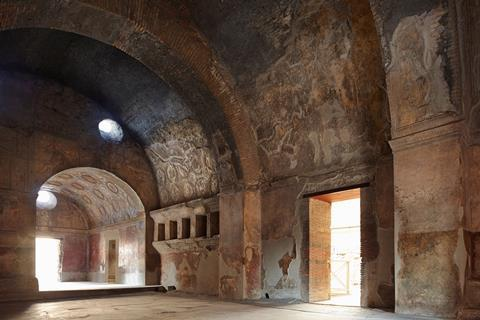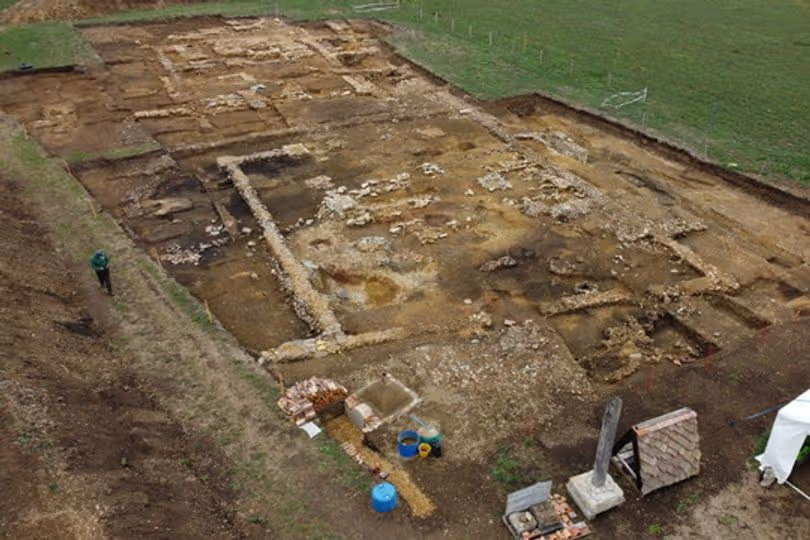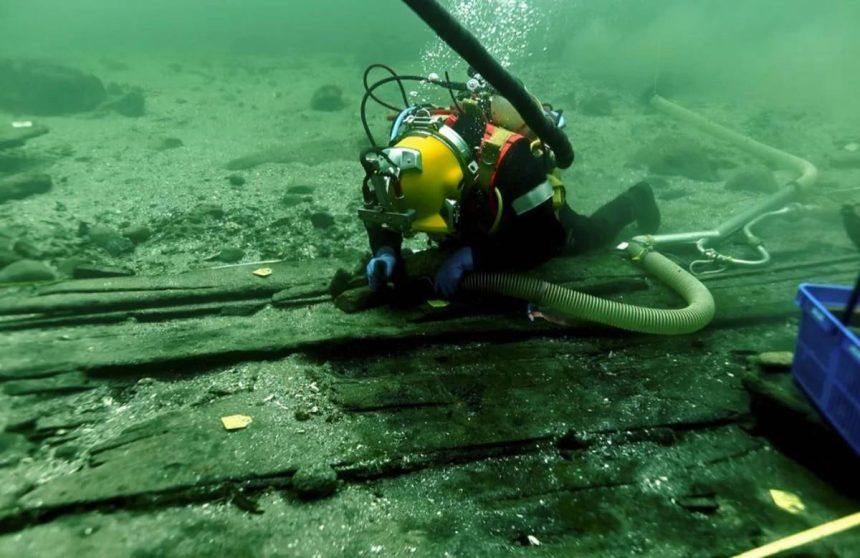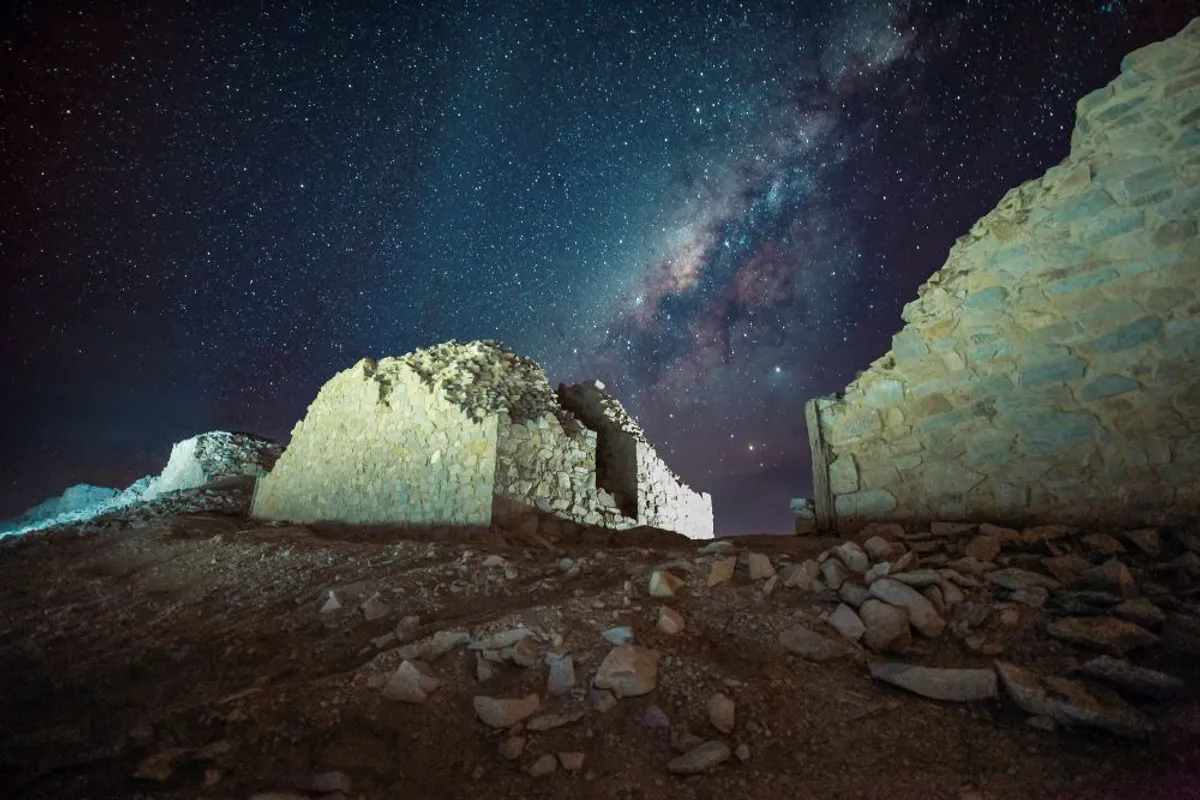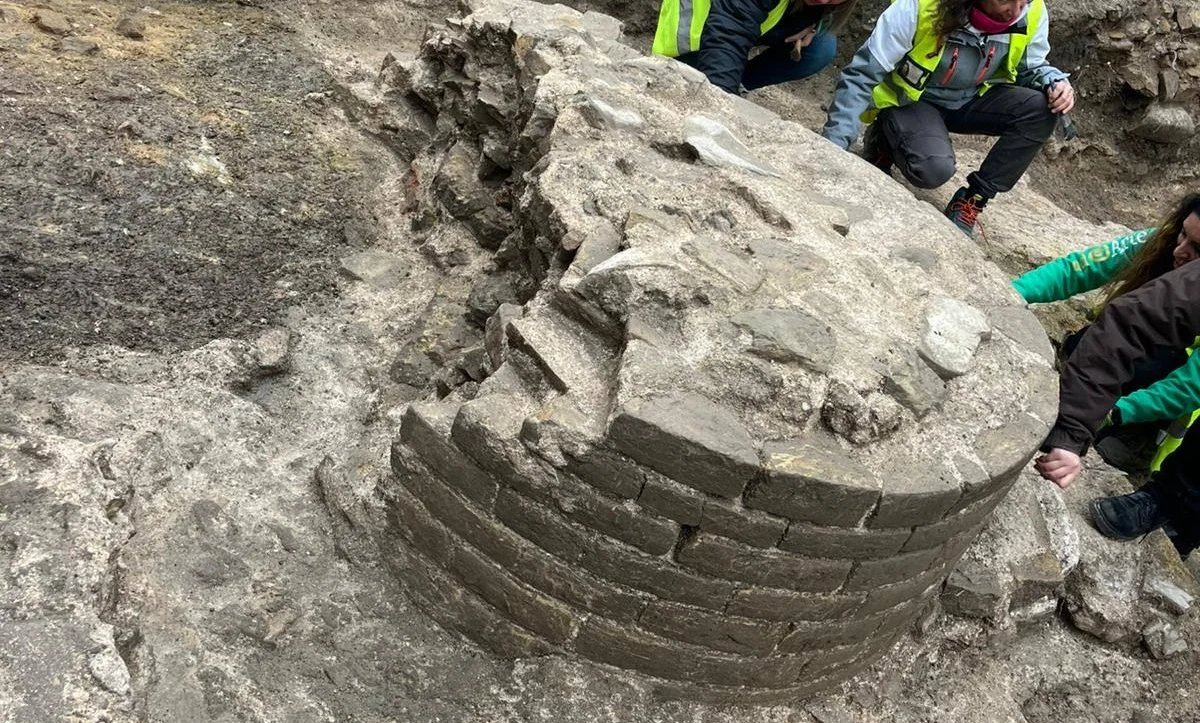"Nothing ever happens by chance," said Leucippus. And that was the only phrase of his that survived through history.
There once lived a philosopher who unknowingly changed the course of science. His name was Leucippus, and he lived around the 5th century BCE. He was the first to propose an idea that seems obvious to us today: that matter is made up of invisible, indivisible particles. He called them atoms. Leucippus paved the way for Democritus, Epicurus, the natural philosophers of the Renaissance, and ultimately, for modern atomic theory.
And yet, from this foundational thinker, we have nothing—not a single surviving work. No books. Not even a full passage. Just one sentence. A fragment, preserved almost by accident in a commentary on Aristotelian philosophy written centuries later.
That sentence is:
"Οὐδὲν χρῆμα μάτην γίνεται, ἀλλὰ πάντα ἐκ λόγου τε καὶ ὑπ’ ἀνάγκης."
("Nothing happens by chance. Everything occurs for a reason and out of necessity.")
Within this brief phrase lies an entire worldview. A belief that the universe doesn’t operate randomly, but is governed by cause and effect. That even where we see chaos, there is order—unseen, but very much real.
Leucippus was likely born in the region of Miletus, like many of the early natural philosophers. Perhaps in Abdera, perhaps in Elea—ancient historians disagree. Some even questioned whether he truly existed, or whether he was a creation of Democritus. But the power of his thought is such that it cannot be ignored.
Everything we understand today about the structure of the universe—electrons, molecules, particles, forces—begins with the simple idea that nothing happens without a cause. And that idea begins with Leucippus.
No other works of his remain. But maybe none were needed.
Maybe that one sentence was enough.

